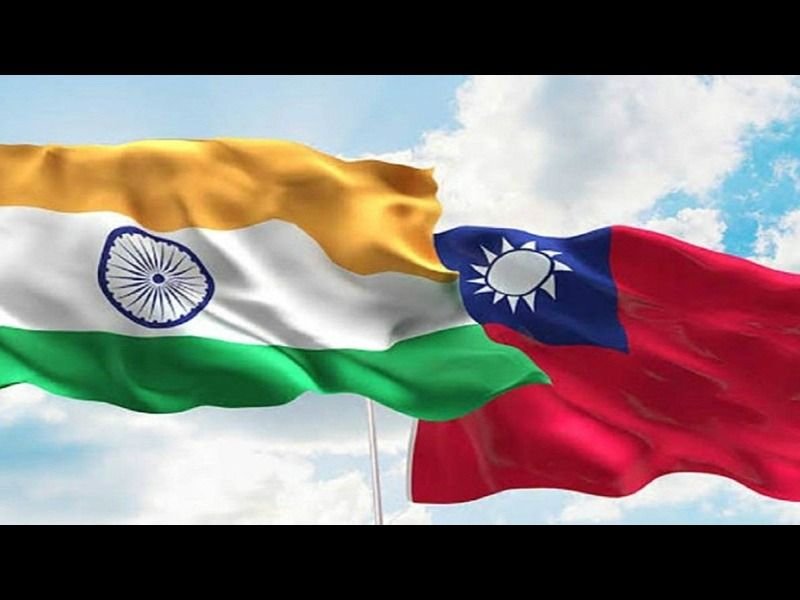India and Taiwan have signed a migration and mobility agreement that will enable Indian workers to find employment opportunities in various sectors in Taiwan. The agreement is a reflection of the growing cooperation and mutual interest between the two sides.
Why Taiwan Needs Migrant Workers
Taiwan is facing a shortage of workers in industries such as manufacturing, construction and agriculture due to its ageing population and low birth rate. Currently, Taiwan relies on migrant workers from Vietnam, Indonesia, the Philippines and Thailand to meet its labour needs. However, these countries are also experiencing demographic challenges and may not be able to supply enough workers in the future.
Why India Can Supply Migrant Workers
India, on the other hand, has a large and young population with diverse skills and qualifications. India is also looking for new markets and partners to enhance its economic growth and development. Therefore, both India and Taiwan have a common interest in strengthening their bilateral labour cooperation.
Migration Agreement Details
What the MoU Covers
The memorandum of understanding (MoU) on migration and mobility was signed at a virtual ceremony on February 16, 2024 by Director General of the India-Taipei Association (ITA) Manharsinh Laxmanbhai Yadav and Baushuan Ger, the head of the Taipei Economic and Cultural Centre in New Delhi. The MoU is the result of several years of discussions and negotiations between the two sides.
The MoU aims to facilitate the employment of Indian workers in diverse sectors in Taiwan, such as manufacturing, construction, agriculture, healthcare, information technology and others. The MoU also covers issues such as employment qualifications, language skills, recruitment methods, visa procedures, labour rights and welfare.
What the Next Steps Are
The two sides will hold follow-up discussions to finalize the details of the implementation of the MoU, such as the industries and number of Indian workers to be allowed to work in Taiwan, the source regions in India for migrant workers, the training and certification requirements, and the role of intermediaries and agencies.
The MoU will be submitted to the Legislative Yuan of Taiwan for review and approval in accordance with the law. The MoU will come into effect after all the preparatory work is completed.
Implications
How India Benefits from the Agreement
The migration and mobility agreement between India and Taiwan is expected to have positive implications for both sides. For India, it will provide new avenues for employment and income generation for its workers, especially those who are skilled or semi-skilled. It will also enhance India’s economic ties and cultural exchanges with Taiwan, which is an important partner in the Indo-Pacific region.
How Taiwan Benefits from the Agreement
For Taiwan, it will help address its labour shortage and boost its productivity and competitiveness in various sectors. It will also diversify its source of migrant workers and reduce its dependence on a few countries. It will also strengthen its relations with India, which is a major power and a potential ally in the region.
How the Agreement Affects India-Taiwan Relations
The agreement is also a sign of the deepening of ties between India and Taiwan, which have been improving in recent years despite China’s opposition. The agreement shows that both sides are willing to cooperate on issues of mutual interest and benefit, while respecting each other’s sovereignty and autonomy.
Recent Blog : Akasa Air to Launch Mumbai-Doha Flights from Mar 28
